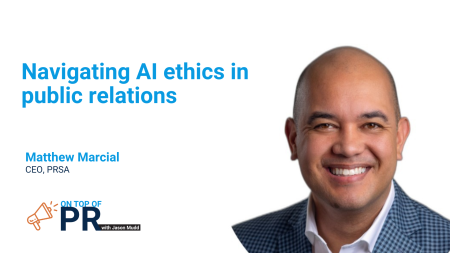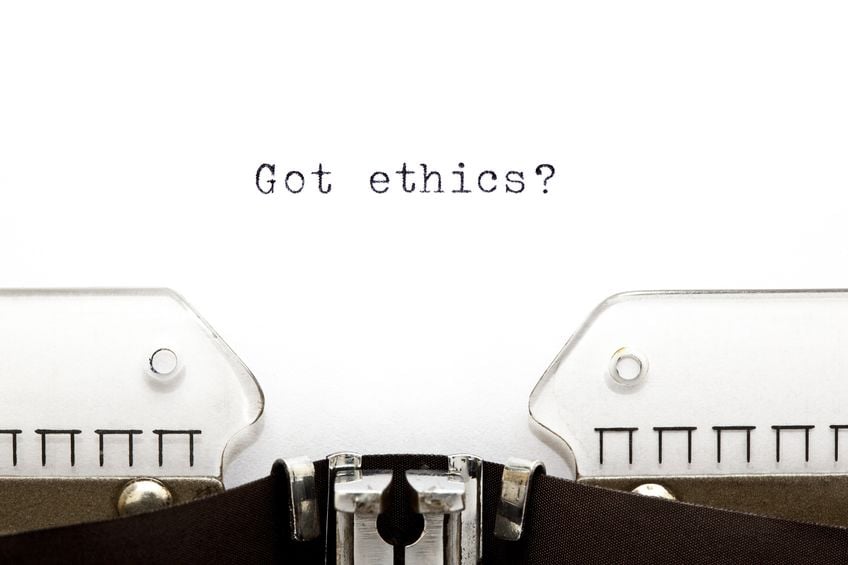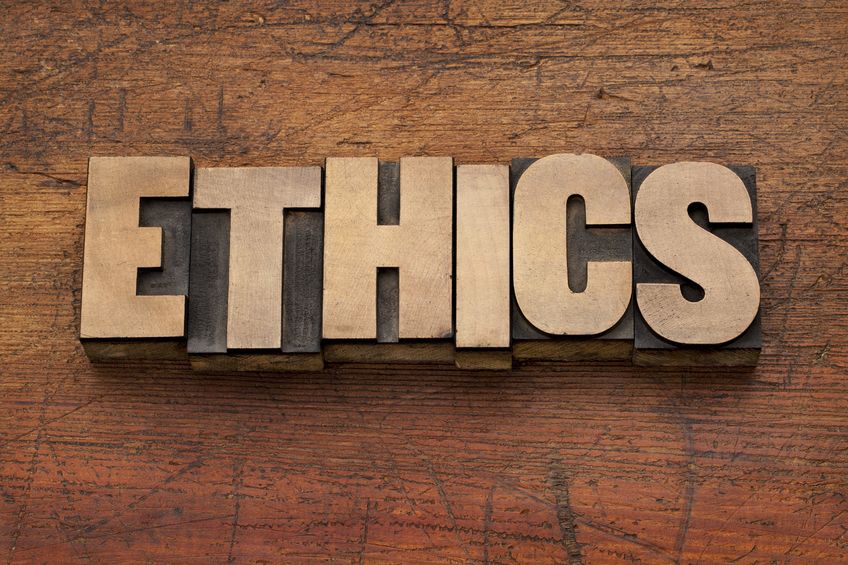The Public Relations Blog
We frequently blog about the latest public relations corporation communications, and marketing topics, tips, and trends. Our blog is one of the 100 Best Public Relations Blogs, according to FeedSpot. Please help yourself to our insights and be sure to subscribe to our weekly blog notifications.
In this episode, PRSA CEO Matthew Marcial joins host Jason Mudd to discuss the ethical use of AI in PR and key insights for communicators.
Tune in to learn more!
Read More
Topics: ethics, On Top of PR, artificial intelligence
The belief that eating carrots can improve your vision is widely accepted. But did you know this idea started as a clever trick by the British government during World War II? The myth's continued presence shows the powerful influence of public relations and media.
Read More
Topics: PR case studies, media, ethics, global
In this episode, Mark McClennan, 2016 PRSA National Chair and host of EthicalVoices, shares his expertise on ethics. Mark and On Top of PR host Jason Mudd, APR, discuss ethics in public relations, ethical failures, advice for dealing with ethical dilemmas, why people are making unethical decisions, how to have a difficult conversation with an unethical person, and how to encourage ethical responsibility in your company.
Tune in to learn more about ethics in PR and your company.
Read More
Topics: ethics, On Top of PR
Disclose business relationships you have with content you’re promoting to stay out of trouble.
The internet is filled with all sorts of ways to advertise groups and companies. From quick social media posts to long-term influencer campaigns, there are many ways to tell the world about a company or service you like. At some point, you might feel like promoting brands and companies you work with. There’s nothing wrong with that, but it’s important that you disclose any business relationships you have with the business or group you’re promoting while doing so.
Read More
Topics: PR tips, ethics, social media
Ghostwriting is a commonplace practice in public relations and can be found everywhere, from your favorite books to the most notable speeches. But what exactly is ghostwriting?
It may be easier to start with what ghostwriting isn’t. Ghostwriting isn’t plagiarism. Plagiarism is the theft of original work with no attribution or permission given by the original author. Plagiarism is a one-route selfish and unethical act of theft, whereas ghostwriting drives down a two-way road of collaboration.
Read More
Topics: ethics
How to properly use these location-specific digital techniques
Digital marketing is a tricky domain with plenty of jargon that can leave you scratching your head. Take, for example, geofencing and geotargeting. Although they sound similar, these location-based strategies are quite different.
Learning the difference between geofencing and geotargeting can significantly enhance your overall digital marketing efforts and your ROI.
Read More
Topics: public relations, ethics, online public relations
How do we ensure that communication pros abide by their codes of ethics?
Both the journalism and public relations industries have always struggled with negative reputations. People have been calling PR practitioners “spin doctors” for decades, and, as the era of fake news fell upon us, it changed the face of journalism. Despite unfortunate widespread beliefs, both PR pros and journalists follow strict codes of ethics in their work.
Read More
Topics: ethics, earned media
Apply these methods to your PR and marketing materials
When you hire a public relations firm, you trust its members to make ethical decisions and use best practices in all stages of communication with your audiences. Persuasive communication methods work to change your audience’s awareness, attitude, or behavior. When working to persuade someone, whether it’s to attend, purchase, visit, follow, or donate, apply the T.A.R.E.S. test or the duty-based method to ensure ethical best practices. Read our post “3 golden rules of PR in 2018” to dive deeper into which ethical standards are trending this year.
Read More
Topics: public relations, ethics, earned media
How to be an ethical public relations professional
Some people think of public relations professionals as manipulators of public perceptions. Sadly, some individuals view PR strategies as tools to trick people into doing something. PR professionals are often accused of distorting reality and spreading propaganda. How do you avoid ethical accusations in your PR practice? Here are three rules to remember to remain ethical as a PR practitioner.
Read More
Topics: public relations, ethics, earned media
How to stay ethical in the digital marketing world
Ethics in public relations is critical. In today’s digital world, it’s so easy to reach a broad audience; you can influence consumers’ behavior and obtain useful information about them. You can use various marketing and PR strategies to convert consumers. This makes them very vulnerable to scams and deception.
Read More
Topics: public relations, ethics, shared media












Comment on This Article